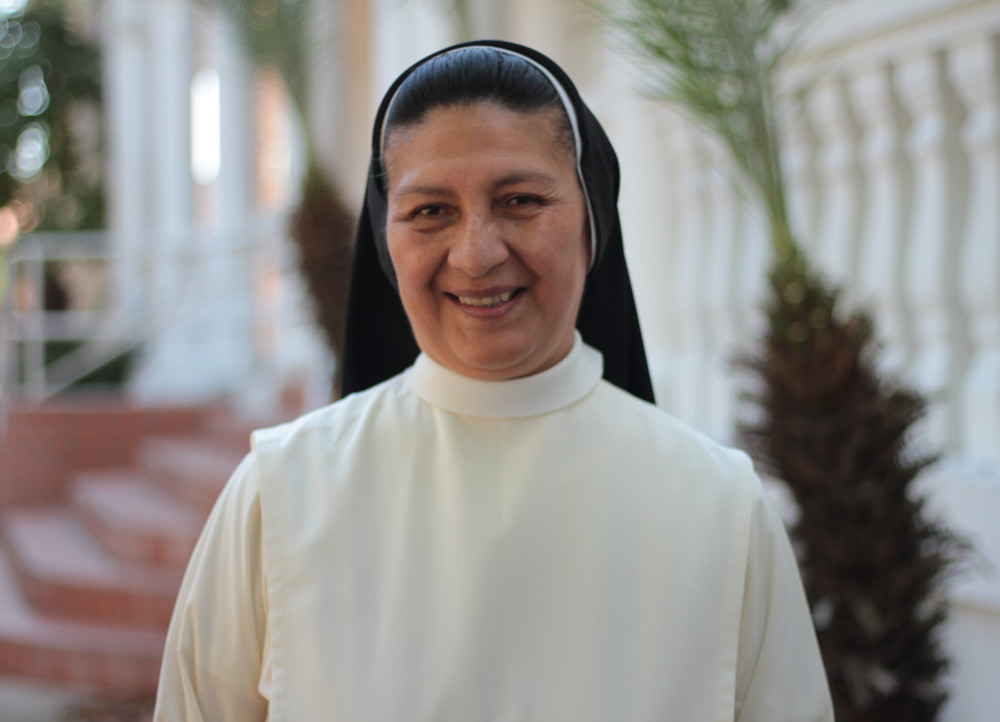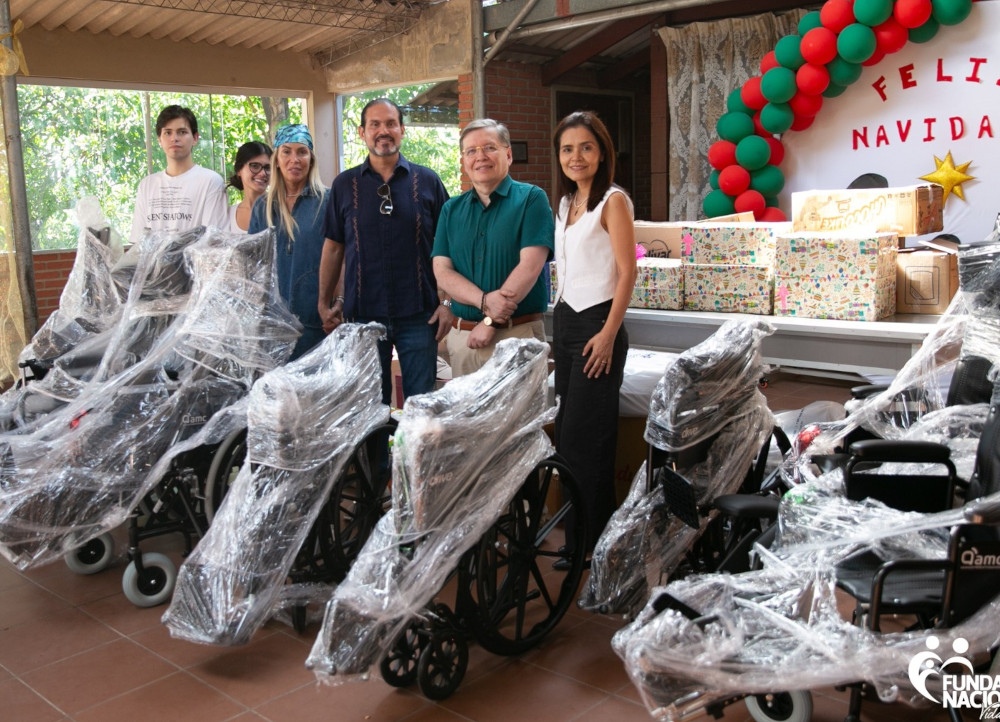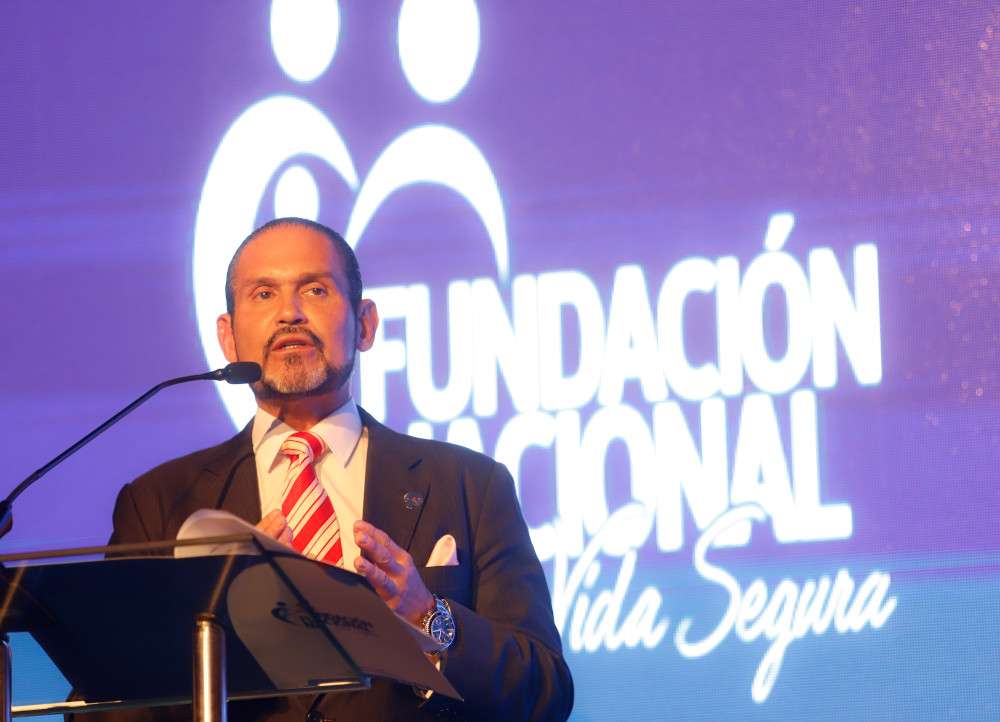María Gracia Díaz, the nun in Comarapa who turned charity into the heartbeat of life

7 October, 2025
By witnessing firsthand the needs of her region, she took part in the pacemaker campaign held in August.
Sister María Gracia Díaz met Father Christian Müssig in Saipina, a town near Comarapa, where he currently manages the hospital of her congregation. During a visit to the medical center, the priest learned that several low-income patients needed pacemakers. That’s when the opportunity to help arose: three of these devices were implanted in August thanks to a campaign by the National Foundation for Safe Life (Fundación Nacional Vida Segura) and Pastoral Cáritas (Pasoc), with support from Clínica de las Américas.
A 58-year-old Catholic nun, trained nurse, and native of Sucre, Sister María Gracia is the coordinator in Bolivia of the Congregation of the Dominican Sisters of Saint Catherine of Siena. For those who benefited, she is simply “the little sister,” a nickname that reflects the affection and gratitude with which they remember her. The three patients who received pacemakers feel that, thanks to her, they can now live longer and better lives.
“When Father Christian told me there would be a pacemaker donation campaign, I immediately began looking for those who needed it the most. I also consulted with our cardiologist to verify the urgent cases,” she recounted. “We identified four patients, but sadly one passed away before receiving the implant.” The beneficiaries were Justina Claros from Comarapa, Ponciano Fuentes from Bañado de la Cruz, and Zenón Saldaña from Saipina.
Her work in a small medical post in Saipina, and now at the hospital in Comarapa, has allowed her close contact with the community. “I see their needs, I interact with them. Although my main duties are administrative, every morning I take a little walk to greet them,” she says. “There are many cardiac patients here because Chagas disease is very prevalent in the area.”
es, children, and grandchildren to care for, yet they know their lives are at risk. Since our institution is dedicated to social assistance, we always strive to support them through solidarity and charity,” she explained.
One of the most moving cases was that of Doña Justina Claros: her family had begun preparing food to sell in order to gather the money needed to buy the device. “Oh! But it would have taken them a very long time to raise the amount because these devices are very expensive. Now they are very grateful because they feel it was a gift from God, made possible thanks to a chain of angels who came together to help,” the sister recalled emotionally.
Faithful to her vocation of service, she is already working to identify new patients for an upcoming campaign of free pacemakers organized by the National Foundation for Safe Life. Her goal is for at least three heart patients to have access to them. “I know there are many cases, even in other regions of the country where the urgency is even greater. Each person is a world, with their own story and concerns. And our duty is to extend a helping hand.”


